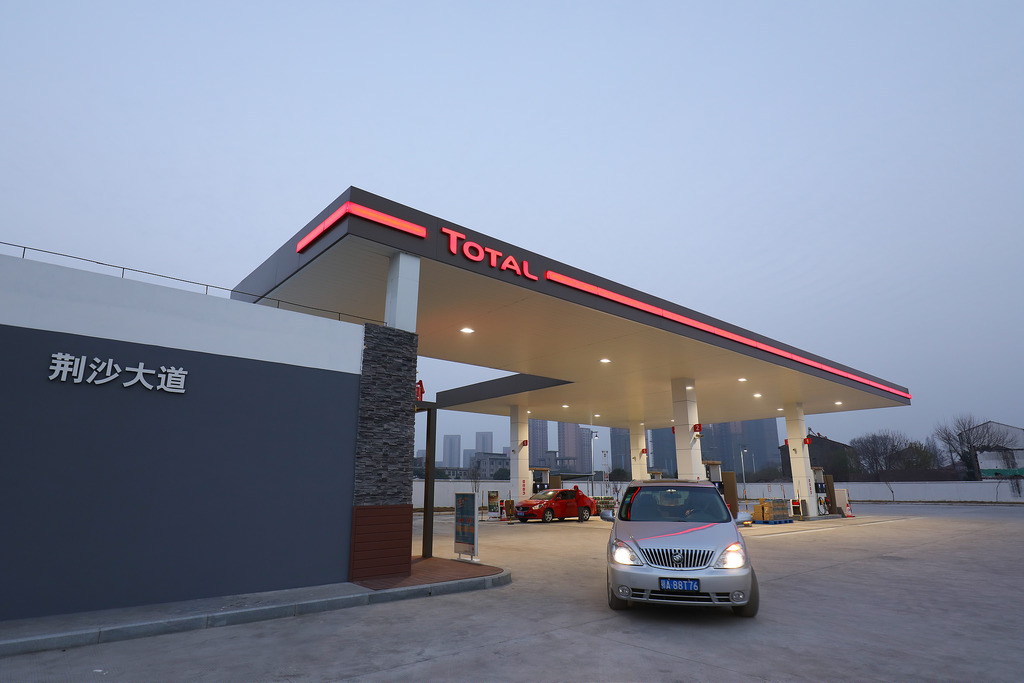Influential shareholders in France’s biggest hydrocarbon extractor TotalEnergies have welcomed its decision to accept a timetable for stripping carbon from its activities.
Before its AGM on 12 April, the world’s sixth-biggest oil supermajor had faced pressure from twelve big investment funds, including France’s biggest public pensions manager, to plot a public path towards carbon transparency, and compliance with climate science.
Led by that French state pensions investor RFAP, itself with its 40 Billion euro portofolio 100% pledged to climate-friendly socially responsible investment goals, the dozen have persuaded the oil supermajor to publish:
- Absolute and relative reduction targets to cut GHG emissions in all its Scope 1, 2 and 3 activities, over the three years to 2025, as well as in the medium term to 2030
- Its route to switch production volumes in its energy mix, meeting those deadlines
- Short- and medium-term investment plans broken down by sector
- Likely contribution of captured GHG emissions to achieving the company’s GHG emission reduction targets.
- Implementations followed by Total as advised by third parties, to make emissions cuts reflecting the legally binding 2015 Paris climate agreement
TotalEnergies was already facing international criticism as the biggest and the slowest of the world’s hydrocarbon extractors to withdraw from operations in Russia, following Putin’s invasion of Ukraine.
In a joint statement, the twelve investment funds pledge themselves to continued dialogue on carbon cutting with Total.
“Having seen these new commitments, the investors’ group welcomes the progress made, which is the result of an ongoing and in-depth dialogue between the company and various investor coalitions, which should continue”, Friday’s statement from the climate-activist institutions says.
Contrary to enduring myth, the French state effectively divested its last shares in the then Total in the mid-1990s.
According to TotalEnergies’ presentation last month on climate strategy and sustainability, the company in 2021 “accelerated its development in renewables and electricity, with more than 10 GW of gross installed capacity for renewable electricity generation, and more than six million electricity customers.”
“Investments in renewables and electricity accounted for 25% of total investments, exceeding the initial target of 20% planned one year ago”, the March presentation goes on.
The French enterprise’s commitment two years ago to become climate neutral by mid-century, was criticised for lacking the transparency offered by other European supermajors. In February 2020 BP committed itself to become carbon neutral in ‘asbolute terms’ by 2050. Two months later Shell made a similar promise.
In 2017, the Carbon Disclosure Project, now CDP, identified the then Total as one of the top 100 companies producing carbon emissions globally, responsible for 0.9% of global emissions over the period from 1998 to 2015.




